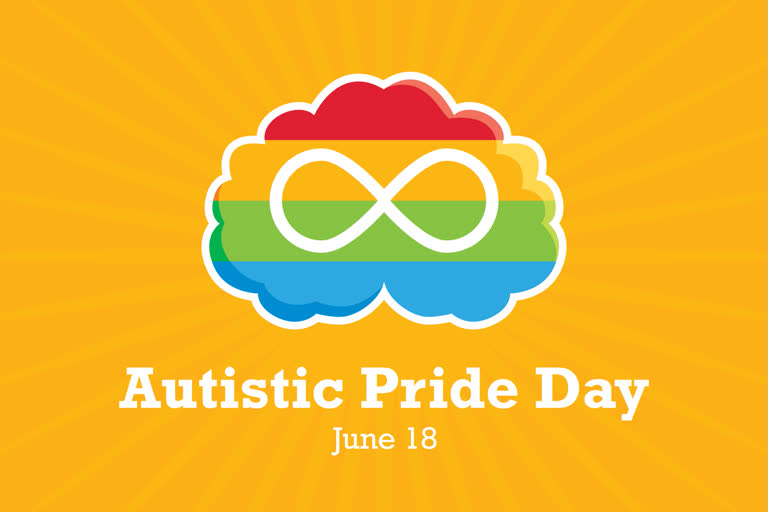June is the month of Pride and every year on 18th June, Autistic Pride Day is celebrated around the world, with a motive to educate the people about autism. It was first held in Brazil in 2005, with the theme ‘Acceptance Not Cure’ by an online community Aspies for Freedom (AFF), which later became a global event. “Autistic pride stands for pride in autism, which spreads the message that people suffering from autism are not diseased but different. Thus, this day acknowledges that autistic people are not sick rather they have a unique set of characteristics”, states the National Health Portal of India (NHP).
Autism is the third most common developmental disorder, but people are not much aware about it. According to the World Health Organisation (WHO), 1 in 160 children has Autism Spectrum Disorder (ASD). People ask many questions like who is likely to have autism? Does it worsen with age? Or how early can it be detected? Here are all the answers to your questions and a quick brief.
Kids who have siblings with autism or with certain genetic factors may be at a higher risk. Adults with autism have fewer symptoms as they grow old, but the situation differs from person to person. In some people, with mental retardation, it can worsen the situation. Although autism cannot be easily diagnosed before at least 24 months, a person may show symptoms between 12 to 18 months. Early diagnosis may help in timely treatment and reverse the symptoms.
But what exactly is Autism?
The National Health Portal of India (NHP) explains “Autism, also known as Autism Spectrum Disability (ASD), is a range of complex neurodevelopmental disorders characterized by social impairments, communication difficulties, restrictive and repetitive patterns of behaviour. It is a lifelong condition which usually occurs in the first three years of life. The exact cause of autism is not known but it is known to be associated with genetic and environmental factors”.
It is broadly classified into 3 categories:
- Autistic Disorder (also called “classic” autism)
- Asperger Syndrome
- Pervasive Developmental Disorder- Not Otherwise Specified (PDD-NOS)
What are the Symptoms?
NHP states the following symptoms that can be observed in a child or an adult. They might:
- Does not react to his/her name by 12 months
- Does not play by 18 months
- They generally avoid eye contact and stay alone
- These children also have difficulty in understanding other people's feelings or talking about their own feelings
- These children may show delayed speech and language skills
- Repeat words or phrases over and over (echolalia)
- Give unrelated answers to questions
- Does not like even minor changes
- Have obsessive interests
- Some time they flap their hands, rock their body, or spin in circles
- Have unusual reactions to the way things sound, smell, taste, look, or feel
Diagnosis and Management
These symptoms can be recognised and the diagnosis can be done via various screenings and tests like:
- DNA testing for genetic diseases
- Behavioural evaluation
- Visual and audio test to check the hearing and vision issues
- Occupational therapy screening
- Developmental questionnaires
Once diagnosed with autism, however there is no particular treatment but it can be managed with the help of various therapies available like speech therapy, occupational therapy, social skills training, by medication, dietary approaches or by complementary and alternative medicine treatments.
Therefore, ASDs usually begin in childhood and the conditions are apparent during the first 5 years of life. But people should understand that autistic people are a little special and gifted but definitely not diseased. We should educate ourselves about it and accept all those people with an open heart.



